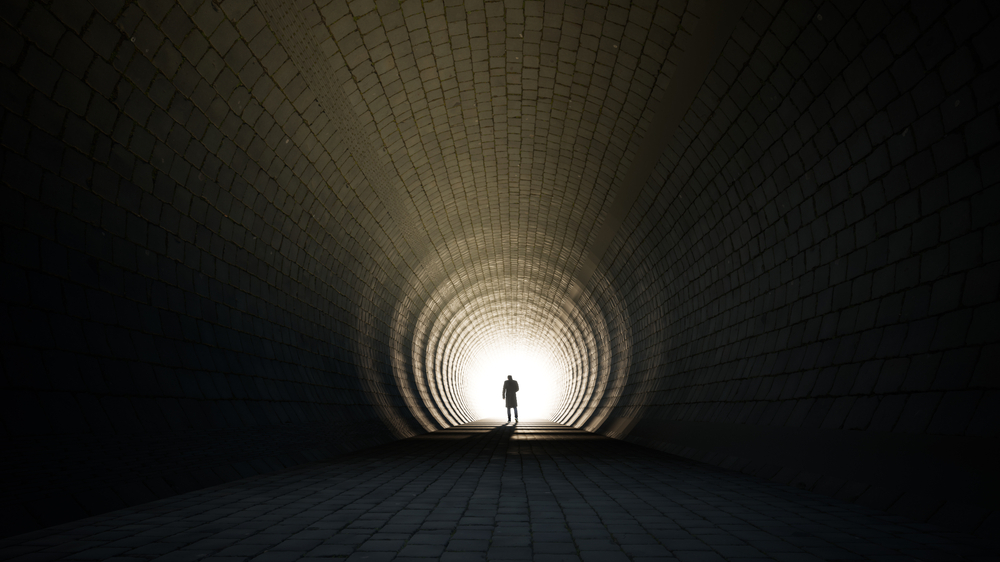We will all die one day, but that doesn’t mean we approach death in a universal way. Instead, we tend to think about death and dying differently, which we may attribute to our culture, spirituality, age and wellness, as well as a variety of other factors.
A new paper published in PLOS ONE assesses the impact of two very distinct sources — psychedelic drugs and near-death experiences — on our attitudes about death and dying. Suggesting that the two alter attitudes in similar, assuaging ways, the findings could someday play a part in clinical care for fading patients.
The Death of Fear
A plethora of past studies show that psychedelic drug experiences and near-death experiences have dramatic effects on people’s attitudes about death. But, despite these dramatic effects, relatively little research has evaluated the impact of these experiences side-by-side.
That is, until now. Comparing the influence of psychedelic drug experiences and near-death experiences for one of the first times, a team of researchers from the Johns Hopkins University School of Medicine found that the two shared a similar impact.
“Not only can the features of psychedelic experiences be similar to near-death experiences,” says Roland Griffiths, a study author and professor at Johns Hopkins, in a press release, but “both are rated as among the most meaningful lifetime experiences, and both produce similar enduring decreases in fear of death and increases in well-being.”
According to the team, these findings could inspire innovations in the use of psychedelics to treat a wide variety of issues, including end-of-life anxiety.
Effects of Attitude-Altering Experiences
The researchers analyzed survey responses of more than 3,000 individuals who reported that their attitudes toward death changed after a psychedelic drug experienc

